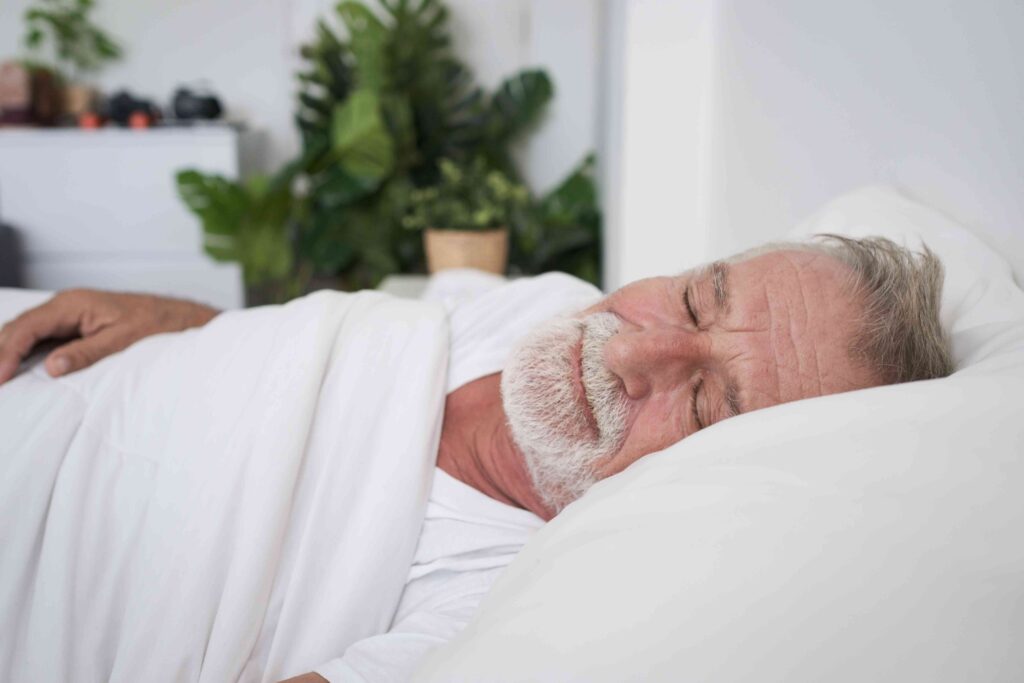
Do you struggle to get quality sleep at night due to sleep apnea? This is a common sleep disorder that affects anywhere from 15% to 30% of men and 10% to 15% of women. Sleep apnea results in a wide range of unpleasant symptoms, including loud snoring, fatigue, and difficulty focusing throughout the day. You may be wondering if sleep apnea can go away on its own or be cured? This depends. Continue reading to learn more about the causes of sleep apnea and what your future holds.
How Does Obstructive Sleep Apnea Work?
Obstructive sleep apnea is caused when breathing repeatedly ceases due to obstruction of the airway. Most of the time, this happens due to muscles in the throat relaxing and then collapsing, blocking the airway. Due to the lack of oxygen, the brain directs the body to jolt awake. Sufferers often wake up gasping for air. These apnea events can occur for up to 10 seconds at a time and up to 30 times an hour. This results in decreased oxygen in the blood, increasing the risk of cardiovascular complications.
Can Obstructive Sleep Apnea Be Cured?
Sleep apnea is a chronic condition. Mild cases of sleep apnea can often be improved with positive lifestyle changes. This includes things like losing excess weight, increased physical activity, or giving up smoking and drinking. However, if you have moderate to severe sleep apnea, you likely require sleep apnea treatment to see noticeable results and improve your quality of life.
What Steps Can Be Taken to Address Sleep Apnea?
Getting quality sleep is always important for your body to function properly. Without much-needed rest, the systems in your body are unable to work together normally, so you are at increased risk of various serious health consequences. Here are some steps you should take if you notice signs of sleep apnea.
- Seek a Diagnosis: To be treated for sleep apnea, you must first receive a diagnosis. At-home sleep tests are now available to detect sleep apnea from the comfort of your own home. If sleep apnea is determined to be the cause of your symptoms, you can move on to treatment options.
- Undergo Treatment: Once you have received your diagnosis, steps can be taken to relieve your symptoms. There are various options out there, like oral appliance therapy. This works by shifting your jaw into proper position to prevent obstruction of the airway. By working with your dentist, you can put together a plan that best meets your unique needs.
- Lifestyle Changes: Maintaining a healthy diet and getting plenty of exercise can help you maintain a healthy weight and improve your quality of sleep.
Sleep apnea may not go away on its own, but there are options out there to help you get the sleep you need at night to thrive during the day. Schedule a consultation with a sleep apnea dentist to get started!
About the Practice
At Downtown Denver Sleep Solutions, Dr. Glenn Thompson and Dr. Gary Radz work together to treat patients in the Denver area. If you struggle with sleep apnea, or you think you might have it, they would be happy to help. To learn more about sleep apnea treatment or to schedule a consultation, visit their website or call (303) 377-5337.